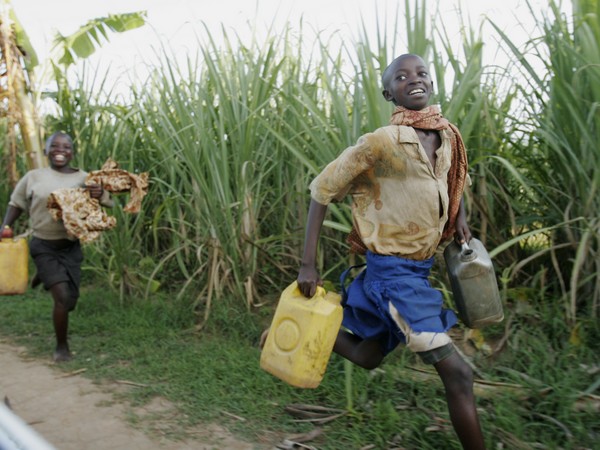Recommendations to reduce Rwandan poverty

Interpeace’s partner in Rwanda, the Institute for Research and Development for Peace (IRDP) has presented its recommendations for poverty reduction to a meeting in Kigali, attended by more than 200 politicians, academics and members of the diaspora.
The recommendations – the culmination of three years of extensive research and consultation – aimed at helping Rwandans identify their own ways of emerging from crippling poverty. They included proposals for the creation of markets, better irrigation and land management as well as the introduction of micro-credit schemes for the poor.
“The best strategies for developing economic growth come from the Rwandans themselves”,
asserted Scott M. Weber, Director-General of Interpeace, “What is needed is for the government, civil society and the international community to work together to ensure that Rwandans attain a decent standard of living”.
Rwanda is one of the poorest countries in the world, with about 90% of its population engaged in mainly subsistence agriculture. In 2005 the UN Human Development Index ranked it 159th out of 177 countries.
Rwanda is currently unable to feed itself and its galloping population growth with the population set to double by 2025, has potentially devastating implications.
Rwanda’s Minister for Good Governance, Protais Musoni, who opened the conference, endorsed the recommendations, noting the necessity “to change our way of thinking and be open to countries who can help us improve our methods of working”.
